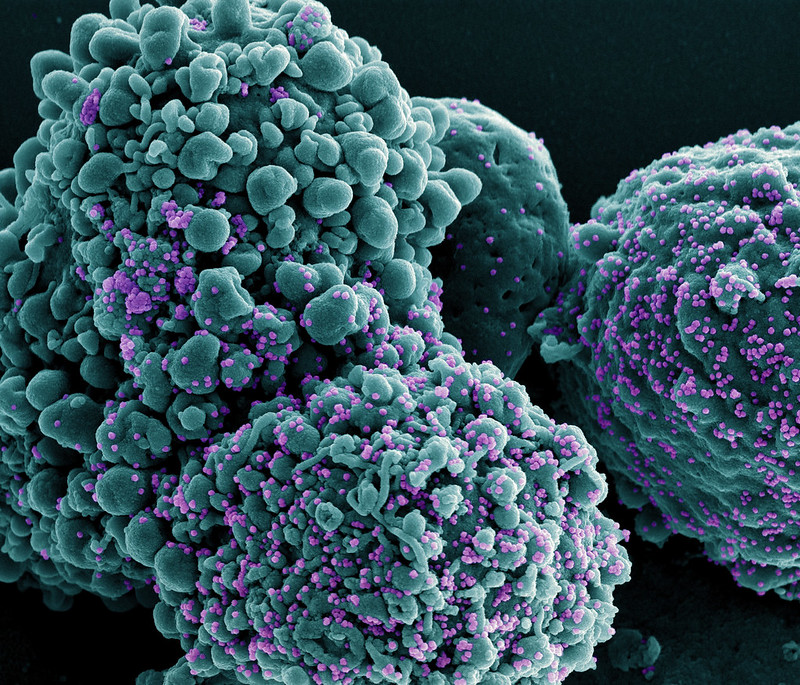This work revealed some previously unreported immune responses to SARS-CoV-2. For example, some specialized mucosal immune cells in the blood were activated, while inflammatory white blood cells that usually surround and destroy foreign invaders were actually reduced.
People who cleared the virus right away did not have the standard systemic immune response. Instead, a specialized and subtle innate immune response was triggered, which has not been observed before. The study suggested that high expression of a gene called HLA-DQA2 prior to viral exposure seemed to help prevent a SARS-CoV-2 infection from getting established.
There were also six study volunteers who got COVID-19 after being exposed to the virus. They all mounted a rapid immune response in their bloodstream, but the immune response in the nose was slower and the virus was able to settle in to cause infection there.


